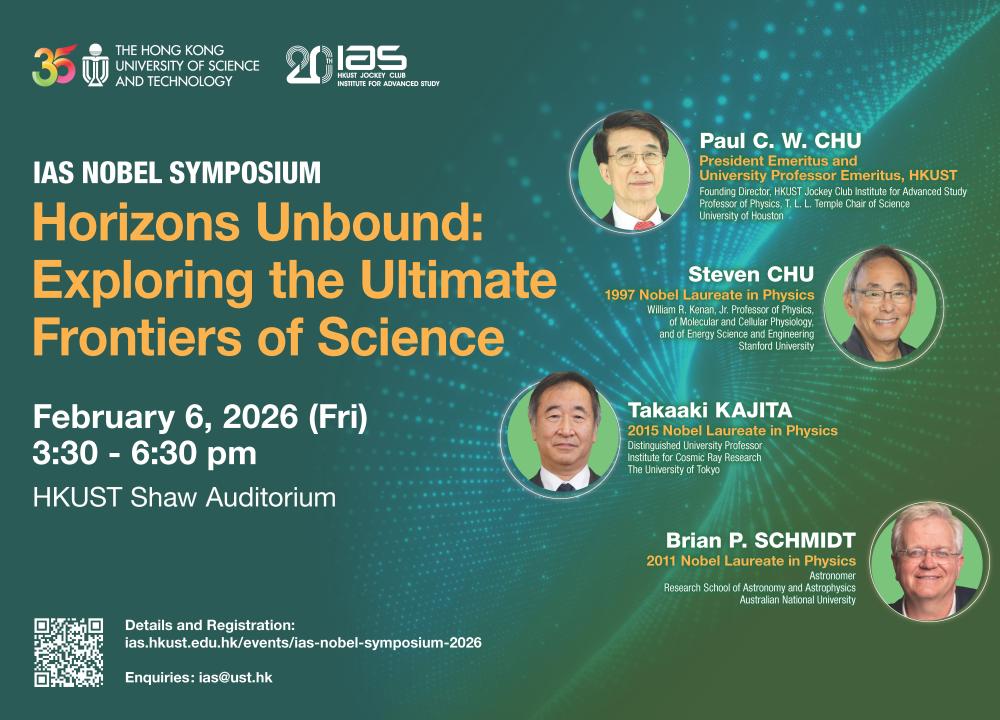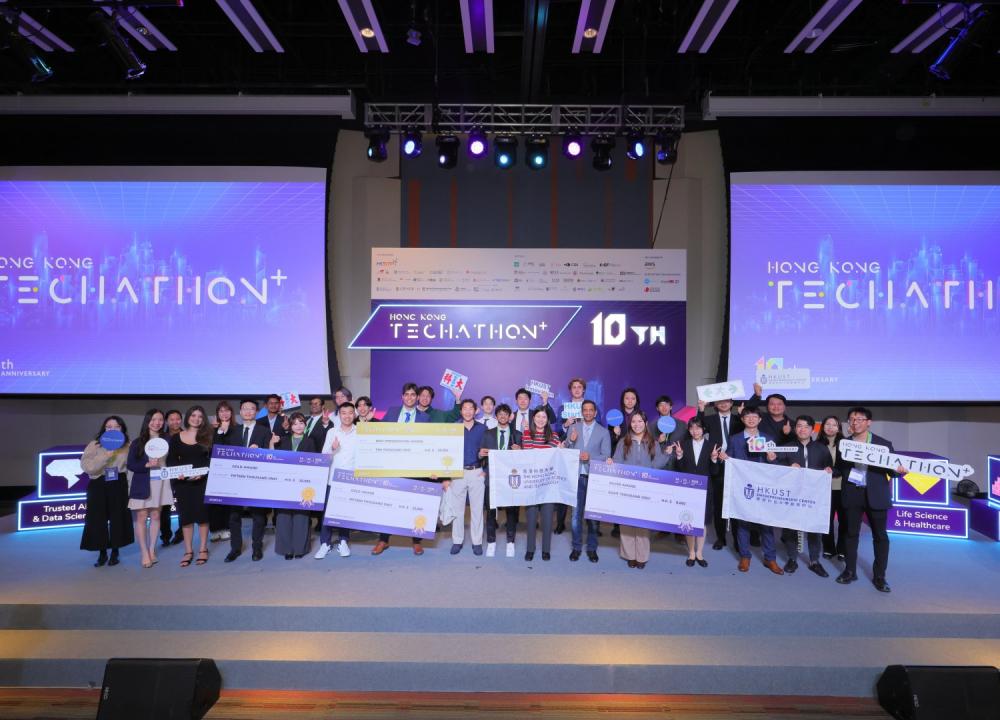Revolutionizing Breast Cancer Diagnosis: HKUST Launches Large AI Model “MOME” for Testing in Over Ten Hospitals
The Hong Kong University of Science and Technology (HKUST) announced today that its School of Engineering researchers have developed Mixture of Modality Experts (MOME), a groundbreaking large artificial intelligence (AI) model for non-invasive breast cancer diagnosis. Trained on the China’s largest multiparametric MRI (mpMRI) breast cancer dataset, MOME achieves expert-level accuracy in classifying tumor malignancy, comparable to that of radiologists with five+years of experience. This innovative solution is now undergoing extensive clinical validation across more than ten hospitals and partner institutions, including Shenzhen People’s Hospital, the Guangzhou First Municipal People's Hospital, and Yunnan Cancer Center, to validate its effectiveness and ensure real-world applicability.
Harnesses China’s largest mpMRI Dataset
Breast cancer is one of the most prevalent and life-threatening cancers among women worldwide. Early detection, accurate molecular subtyping, and the ability to predict patient responses to treatment are crucial in its effective management. While mpMRI provides rich diagnostic information, integrating its diverse imaging modalities (i.e. different MRI sequences) poses challenges for traditional AI systems, especially when sequences are missing in clinical settings.
To address these challenges, the HKUST-led team collaborated with multiple medical institutions to compile the largest Chinese breast mpMRI dataset reported to date and designed MOME, a large AI model capable of learning from diverse types of data. Using a “mixture-of-experts” framework and a “transformer” architecture, MOME effectively fuses multimodal information and remains robust even when some imaging sequences are missing. The model also supports molecular subtyping and predicts treatment response.
Potential to Reduce Unnecessary Biopsies and Enhance Treatment Predictions
In trial testing, MOME not only demonstrated diagnostic accuracy on par with experienced radiologists but also showed potential in reducing unnecessary biopsies by correctly identifying benign cases among BI-RADS 4 patients—individuals with suspicious breast imaging findings indicating a moderate likelihood of breast cancer (between 2% and 95%). MOME delivered encouraging results in predicting responses to neoadjuvant chemotherapy, a treatment administered before surgery to shrink tumors and improve surgical outcomes, as well as in subtyping triple-negative breast cancer, a more aggressive subtype that requires specialized treatment strategies.
“MOME’s high adaptability and interpretability hold tremendous potential for integration into clinical workflows. By enhancing diagnostic reliability and decision transparency, MOME highlights the transformative role of AI in medical imaging while enabling for non-invasive and personalized cancer management,” said Prof. CHEN Hao, Assistant Professor in the Department of Computer Science and Engineering, the Department of Chemical and Biological Engineering, and the Division of Life Science at HKUST, and one of the corresponding authors of the study. “With the rapid progress of large AI models and imaging technologies, we believe that models like MOME will play an increasingly vital role in empowering clinicians and improving patient outcomes in the near future,” he added.
The study, titled “A Large Model for Non-Invasive and Personalized Management of Breast Cancer from Multiparametric MRI”, was jointly conducted by HKUST’s Smart Lab, Harvard University, Shenzhen People’s Hospital, PLA General Hospital, and Yunnan Cancer Center. It was recently published in Nature Communications. Dr. LUO Luyang, a former postdoctoral fellow of Prof. Chen’s research team at HKUST’s Smart Lab and currently a postdoctoral fellow at Harvard University, served as the first author of the research.
About The Hong Kong University of Science and Technology
The Hong Kong University of Science and Technology (HKUST) (https://hkust.edu.hk/) is a world-class university that excels in driving innovative education, research excellence, and impactful knowledge transfer. With a holistic and interdisciplinary pedagogy approach, HKUST was ranked 3rd in the Times Higher Education’s Young University Rankings 2024, 19th Worldwide and No.1 in Hong Kong in Times Higher Education’s impact Rankings. Thirteen HKUST subjects were ranked among the world’s top 50 in the QS World University Rankings by Subject 2025, with “Data Science and Artificial Intelligence” holding the 17th place, maintaining its position as first in Hong Kong. Our graduates are highly competitive, consistently ranking among the world’s top 30 most sought-after employees. In terms of research and entrepreneurship, over 80% of our work was rated “Internationally excellent” or “world leading” in the latest Research Assessment Exercise 2020 of Hong Kong’s University Grants Committee. As of May 2025, HKUST members have founded over 1,800 active start-ups, including 10 Unicorns and 17 exits (IPO or M&A)













